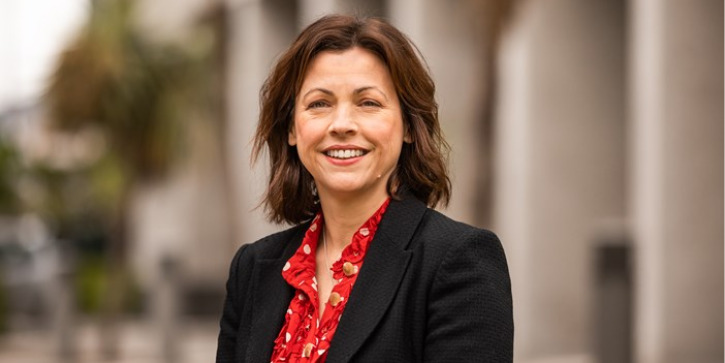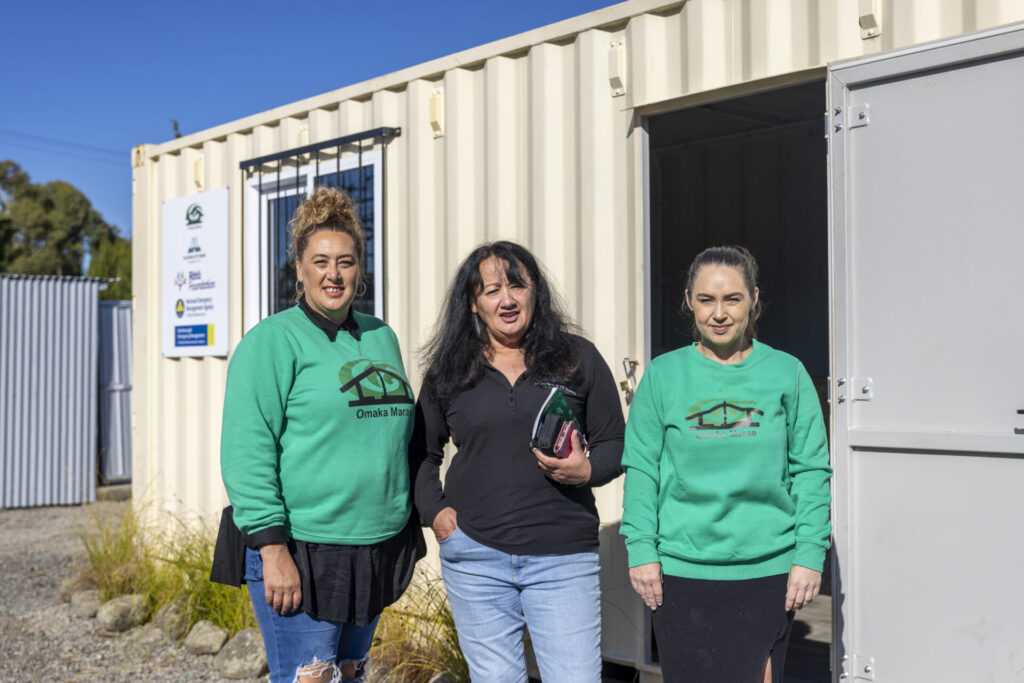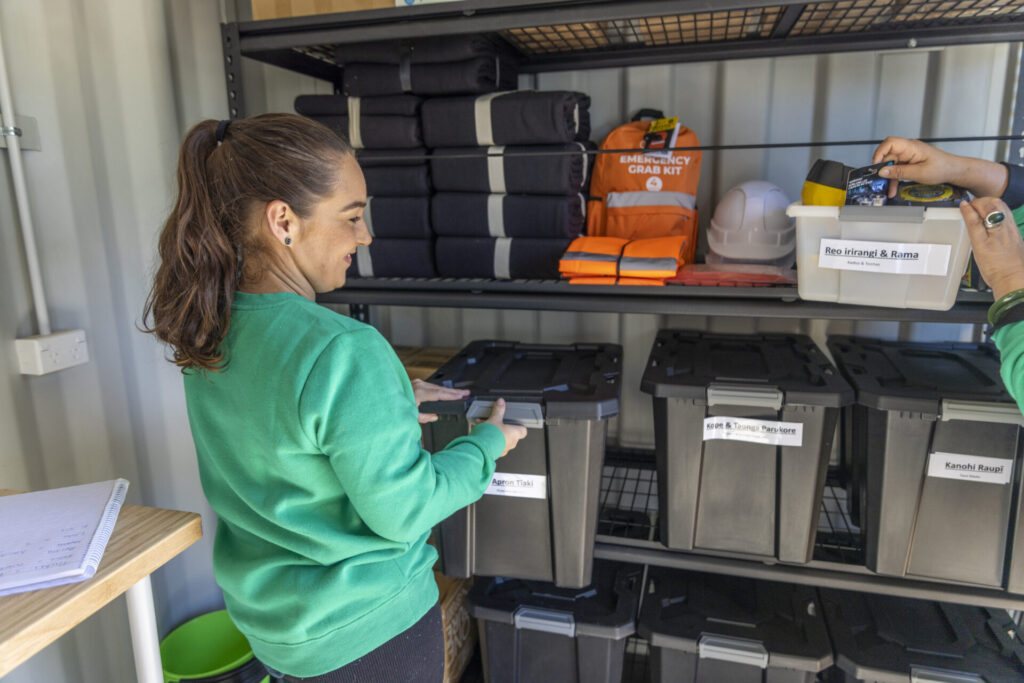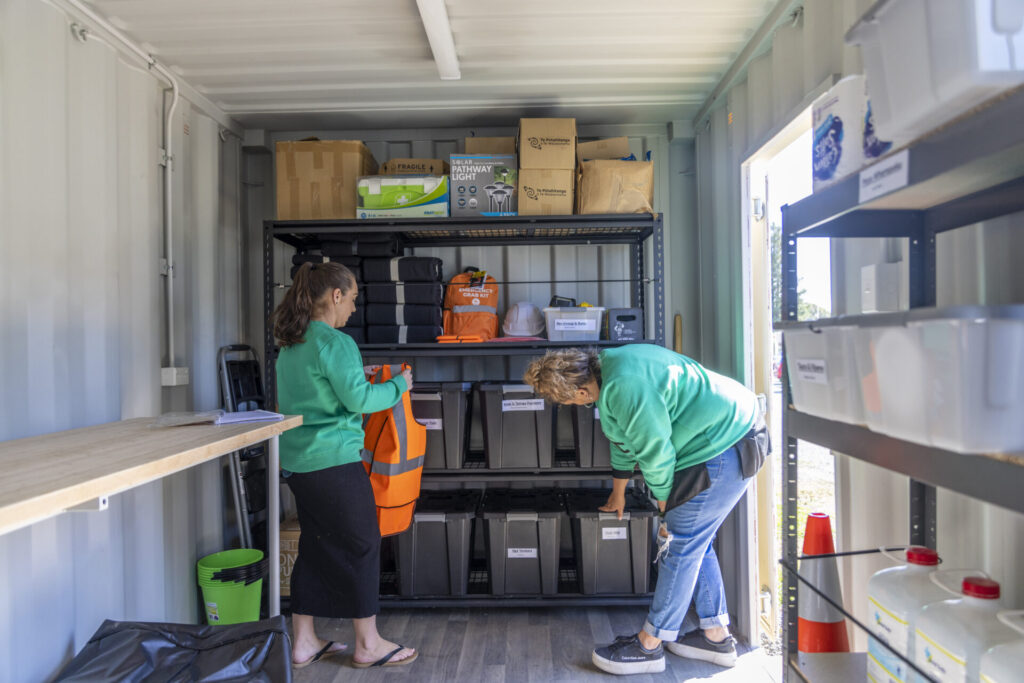
Kate Sclater, Head of Community Investment at Rātā Foundation in Christchurch, shares insights learned from funding initiatives put in place following disaster events in the South Island of New Zealand. Kate is one of the speakers at the Psychological Wellbeing and Long-term Disaster Response webinar co-hosted by Philanthropy Australia and Philanthropy New Zealand.

Rātā Foundation is a philanthropic funder serving the communities of Canterbury, Nelson, Marlborough and the Chatham Islands in New Zealand’s South Island.In recent years we have seen more than our fair share of disasters and events. These have ranged from natural disasters, such as the earthquakes that rocked Christchurch and Kaikōura, to fires and multiple cyclones and flooding events. Sadly, in Christchurch, we also experienced the shocking events of the terror attack against our Muslim community.
What we have learned is that every event is unique. We’ve also learned that the compounding effect of multiple events can have long lasting impacts on mental health and resilience. More than a decade after the Christchurch earthquakes, people in our communities are still experiencing more complex mental health issues.
In the immediate aftermath of any event, the adrenaline is pumping and people feel the need to respond quickly and provide support straight away. But we’ve learned that it’s best to take a breath and tell yourself it’s a marathon, not a sprint.
As a local funder supporting these communities, we have learned that while the immediate response is important, when the attention and focus shifts, local funders are best placed to respond to the medium and long-term needs. When others have moved on, it’s the local funders who will be there for the long haul.
Community relationships are the assets you will draw on
We have found that relationships are critical. Don’t wait for a crisis to build these. Community relationships are the assets you will draw on in times of need. Investing time in building long-term relationships is critical across all our work.
Co-ordination and planning in times of crisis can help ensure funders and agencies can make the best use of their resources. Working with government to advocate for organisations that are well-placed to support can also be as important as delivering funding directly. We participate and lead local funders groups that meet regularly and can be easily convened when an event happens.

In the medium term, the mental health and psychosocial needs come to the fore. People are often experiencing re-traumatisation following repeated events. Don’t underestimate the power of community connection at this time, local events that give people the chance to safely connect can reduce isolation and provide support. It’s also important to be evidence-based. We support a researcher at University of Canterbury to develop an evidence base for how best to support children, for example.
Community leaders need well-being support
During the Christchurch earthquakes, we noticed that community leaders were becoming tired and struggling. Along with other funders in Christchurch, we initiated the Leadership in Communities Project. This aimed to support leaders to develop skills and connections and had a strong wellbeing focus. Following the Mosque shootings, we were able to pivot this programme to support Muslim leaders in the city.

For our regions, natural disasters haven’t been a one-off. Enabling people to improve preparedness for future emergencies has been valuable. We supported the iwi (tribes) across our Nelson and Tasman regions to get ready for future events by providing each marae (meeting house) with a container filled with supplies. Iwi are a critical part of the response and the marae are important community hubs that make a significant difference in times of crisis. Part of the project also involved them developing local plans and deciding what supplies they would need. When they were affected by yet more flooding, the planning provided confidence for the people on the ground who were responding and supporting their local communities.
Work with communities to develop long-term resilience
We also try to think long-term about what the underlying factors are that exacerbate impacts for some. For us, that has included thinking about why Māori were disproportionately affected by unemployment during Covid and providing funding for a Māori-led regional skills hub to support people into higher paid and more stable career paths. In our Nelson and Marlborough regions, the impacts of cyclones and flooding have been worsened due to environmental factors, so we are investing in an alliance that is taking a landscape-scale approach to planning, prioritisation and support for environmental projects.
Our ability to support the communities we serve in times of need is possible because of the relationships we are building along the way. Don’t wait for a crisis to do this. And if a crisis does arise, it’s an opportunity to collaborate, work differently and reimagine the future.
Psychological Wellbeing and Long-term Disaster Response will be held online on Wednesday 19 July 2023 at 11:45am-12:45pm AEST. The event is free and open to PA members and the public. Registration is available on our website.
Please note that discussing topics such as disasters can be distressing. Participants are encouraged to join with video off if preferred and take some time out if needed afterwards. Please reach out for support through an organisational Employee Assistance Program (EAP) or through a trusted mental health first aid organisation if affected.